Introduction
On January 25 2017 Transparency International published the 2016 Corruption Perceptions Index, which reflects non-governmental organisations’ and business world representatives’ perception of public sector corruption and ranks countries on a scale from 0 (highly corrupt) to 100 (very clean). The results are based on 13 research initiatives conducted by 12 international organisations in 176 countries.
Turkey came 75th out of 176 countries (nine places lower than 2015) and scored 41 in the perceived corruption scale. This is the third consecutive year in which Turkey’s ranking has fallen and its score is the lowest that the country has received in the past four years. Turkey came 13th out of the G20 countries, which is one place higher than in 2015. In the Europe and Central Asia region Turkey, came fourth out of 19 countries after Georgia, Montenegro and Serbia, dropping from 3rd place in 2015. Among the 31 EU and Western European countries surveyed, Turkey was given the same score as Bulgaria, which is ranked last in that classification.
Two-thirds of the 176 countries examined in the report received a score below 50, with corruption growing in the majority of countries surveyed. In light of these results, Transparency International has emphasised the urgent need for an action plan to tackle corruption worldwide.
Reasons behind growth of corruption
Transparency International attributes this growth in corruption to:
- unreliable and badly functioning public institutions (eg, the police and the judiciary);
- non-enforcement of anti-corruption laws;
- bribery and extortions; and l flawed basic services due to the misappropriation of funds.
Conversely, press freedom, an independent judiciary, the integrity of public officials and government expenditure are put forward as factors that can improve a country’s ranking in the Corruption Perceptions Index.
Turkey’s fall of nine places compared with 2015 – despite losing only one point on Transparency International’s corruption scale – was due to the fact that countries such as Sao Tome and Principe, Surinam, Tunisia and Serbia moved ahead of Turkey. Further, eight new countries were added to the list. However, there are also national causes behind Turkey’s downgrading.
The head of Transparency International’s Turkish branch, E Oya Ozarslan, stated that the following factors were behind Turkey’s 2016 ranking:
- a lack of progress in the fight against corruption; AUTHORS Filiz Toprak Esin Ceren Aral Desnos Ezgi Kut
- a disregard of the warnings of national and international organisations;
- a lack of transparency and participative management; and
- corporate erosion.
Recommendations
Despite the lack of a specific anti-corruption law in Turkey, several pieces of legislation cover almost all aspects of anti-corruption, including foreign bribery and money laundering for acts of terrorism. In recent years, Turkey has modernised its criminal procedure law, providing for better due process, and introduced tightened measures against money-laundering. It is therefore clear that Turkey’s lower ranking was not caused by a lack of legislation; rather, it is an enforcement issue.
Turkey has been criticised in recent years by international organisations due to:
- a lack of progress in the fight against corruption; l a poor track record in investigation prosecution and conviction;
- a lack of an independent anti-corruption body; and
- undue political influence on the judiciary and law enforcement agents.
Comment
To improve Turkey’s anti-corruption ecosystem and international ranking, politicians, practitioners and the judiciary should work to improve the country’s fight against corruption and make it clear that corruption is illegal and punished in Turkey. In order to do so, the following steps should be taken:
- Turkish politicians should raise public awareness of corruption and foster domestic motivation to fight corruption.
- The judiciary must enforce the relevant anti-corruption rules.
- Compliance with the applicable laws in regulated markets must be ensured through enforcement.
- Witness protection law should be amended to allow whistleblowers to remain anonymous and benefit from witness protection programmes.
- An independent anti-corruption agency should be established in line with the UN AntiCorruption Convention for the implementation and coordination of anti-corruption policies.
- More realistic company goals should be set for private entities in certain sectors where relationships with public institutions are decisive for a company’s performance (eg, construction, pharmaceuticals, energy or public procurement), since employees and executives may tend to use corruption and white collar crimes to achieve company goals.
- The correlation between the increase in the perception of corruption in public and private sectors, ethics and compliance programmes should be established and corruption-free culture should be developed for companies that fail to support anti-corruption activities.
Filiz Toprak Esin & Ceren Aral Desnos & Ezgi Kut
Endnotes
Turkey’s 2016 rankings were compiled using data from: l the World Economic Forum; l the Global Insight Country Risk Ratings; l the Bertelsmann Foundation Transformation Index; l the International Institute for Management Development World Competitiveness Yearbook; l the Bertelsmann Foundation Sustainable Governance Index; l the World Justice Project Rule of Law Index; l the PRS International Country Risk Guide; l the Varieties of Democracy Project; and l the Economist Intelligence Unit Country Ratings.
Turkey’s score was 42 in 2015, 45 in 2014, 50 in 2013 and 49 in 2012.
*The materials contained on this website are for general information purposes only and are subject to the disclaimer.
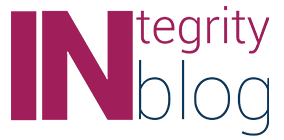
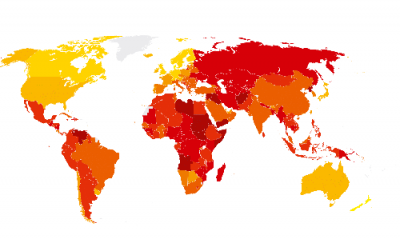
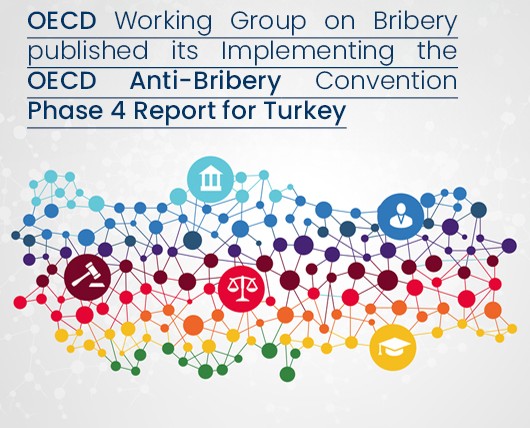
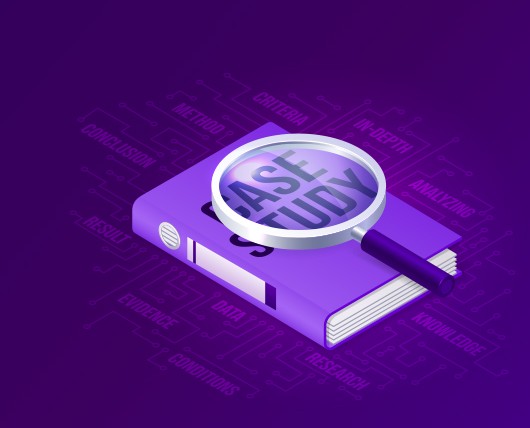

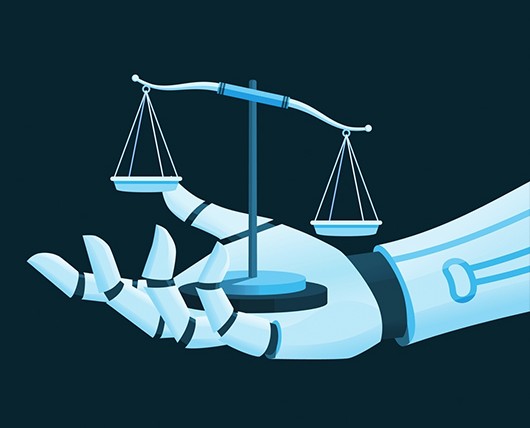


Yapay Zeka ve Etik Değerler
Veri İhlali Bağlamında Whistleblowing (Bilgi İfşası)
Çalışanların Sır Saklama Yükümlülüğü ve Gizlilik Sözleşmeleri
Rekabet Hukukunda Yepyeni Bir Perspektif: TOPLUMSAL CİNSİYET
Yapay Zeka ve Etik Değerler
OECD Working Group on Bribery published its Implementing the OECD Anti-Bribery Convention Phase 4 Report for Turkey
Rekabet Hukukunda Yepyeni Bir Perspektif: TOPLUMSAL CİNSİYET
OECD’nin Rüşvetle Mücadele Sözleşmesi’nin Uygulanmasına İlişkin 4. Aşama Raporu: Türkiye’nin Gelişme Sağladığı Alanlar ve Eksiklikleri